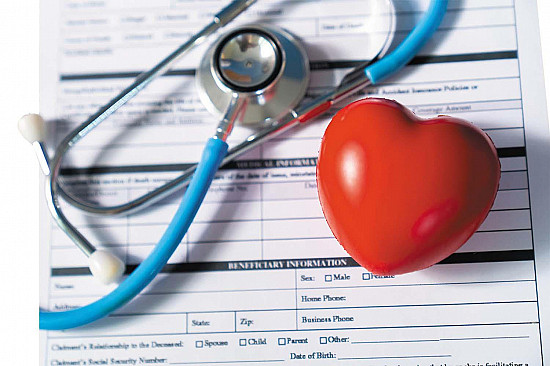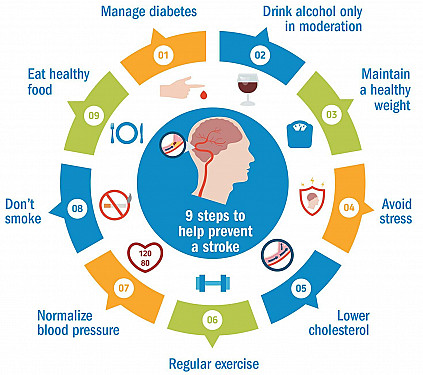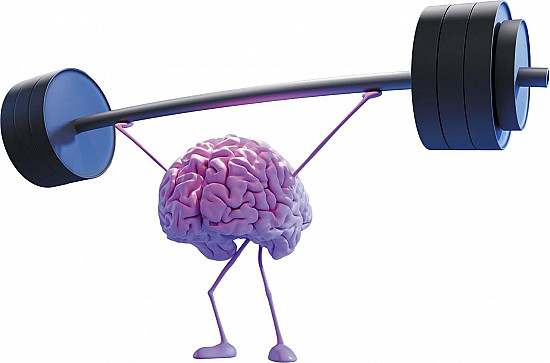Blood clots: The good, the bad, and the deadly
When you poke yourself on a thorn while gardening or get a paper cut at the office, your body marshals the forces needed to stop the flow of blood and repair the damage. If it weren't for the blood's ability to clot (form a thrombus, in medicalese), even these minor scrapes of daily living could cause us to bleed uncontrollably. These healing clots also form inside the body at sites of blood vessel injuries. Normally, when the clot's job is done, it dissolves away.
To continue reading this article, you must log in.
Subscribe to Harvard Health Online Plus (HHO+) to unlock expert-backed health insights, personalized tools, and exclusive resources to feel your best every day.
Here’s what you get with your HHO+ membership:
- Unlimited access to all Harvard Health Online content
- 4 expertly curated newsletters delivered monthly
- Customized website experience aligned to your health goals
- In-depth health guides on topics like sleep, exercise, and more
- Interactive features like videos and quizzes
- Members-only access to exclusive articles and resources
I’d like to subscribe to HHO+ for $4.99/month to access expert-backed content to help make smart, informed decisions about my well-being.
Sign Me UpAlready a member? Login ».
Disclaimer:
As a service to our readers, Harvard Health Publishing provides access to our library of archived content. Please note the date of last review or update on all articles.
No content on this site, regardless of date, should ever be used as a substitute for direct medical advice from your doctor or other qualified clinician.















